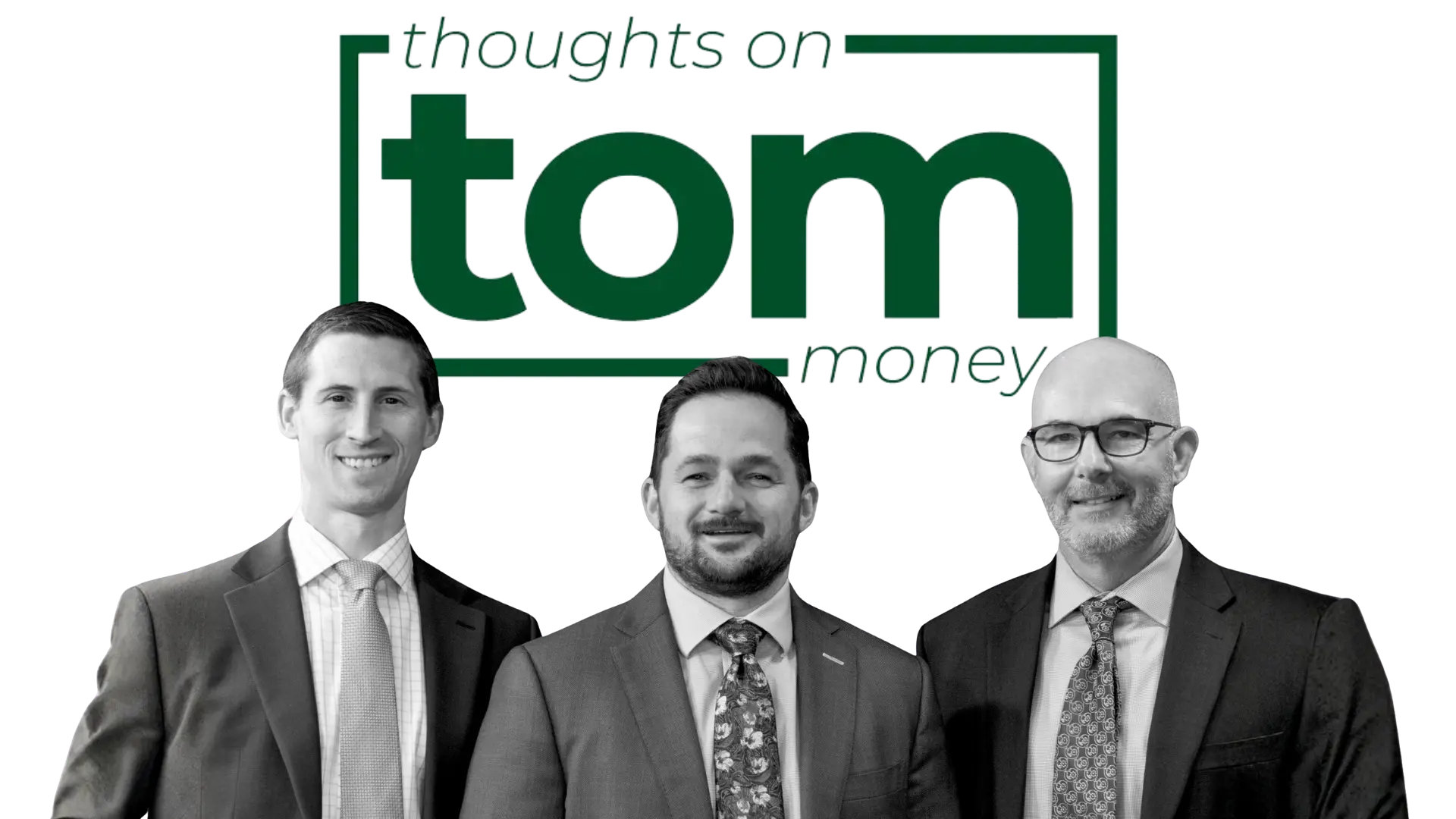Have you ever heard the adage, “knowledge is power?” It’s true; especially when it comes to your financial matters. The investor who engages his or her advisor and asks questions to gain a better understanding will have a higher success rate. I am not advocating that we should all become financial experts, but rather, over time we should become conversational in the language of finance and have a general awareness of how all the moving parts within our financial plan work together.
I could provide a laundry list of reasons why this is important, but let me tell you a story instead. I started my journey as a financial advisor with Morgan Stanley. As one might imagine, when you are new to a profession you have some studying to complete, certifications to pass, and some general onboarding to prepare you for your role. Once these items are all completed, they [Morgan Stanley] ship you off to New York for a gathering with all of your other rookie peers and the training continues.
This week of training culminates with a live role-play. Going into the week you are provided a case study with all the needed financial details to prepare a financial plan for a fictitious client. So, you come to the training with a hard copy plan and the company brings in professional actors that you present these financial plans to and provide your recommendations. Yes, they actually hire actors and film your presentation.
Here’s the setting, I’m in a room with four of my peers and we take turns presenting our financial plan and recommendations to our client (professional actor/actress). My client, Mrs. Edith Jones, was a widow in her late 60’s and wanted some guidance on her investment portfolio and whether or not her nest egg would be enough to provide for her throughout the rest of her life.
I had put so many hours into that financial plan and my itemized recommendations. I had done all the math and laid out multiple scenarios to make sure our friend Edith could have some comfort knowing she wouldn’t outlive her nest egg. This next part of the story is both a bit comical and the reality of it is also a bit sad as well. Myself, and each one of my peers, all laid out our own different potential outcomes for Edith. Some were bright and shiny and had Edith leaving masses of wealth to her heirs; others were doom and gloom leaving Edith just short of homeless within the next decade.
I could only imagine how confusing this must’ve been for the actress playing Edith and what she might have thought about our industry following this experience. How in the world did we all use the exact same financial data about the exact same person and come to such drastically different conclusions?
Financial planning isn’t as simple as basic arithmetic; there are multiple variables and assumptions that need to be made. Assumptions about rates of return, longevity, future expense needs, inflation, etc. Additionally, each advisor has their own worldview, opinions, and emotions that are reflected in how they construct their plans. Even as simple as the fact that some advisors just don’t like to have candid conversations, they don’t want to be the bearer of bad news, so they artificially adjust assumptions to make a plan pencil more favorably.
Perhaps you want to chalk this up to the fact that we were all rookies and it was our lack of experience that drove the disparity amongst our forecasts. I wish that was true, but this phenomenon isn’t unique to what I experienced in that New York conference room. I review financial plans crafted by different advisory practices daily and I am boggled by how they come to some particular conclusions. In the same respect, there is a never-ending tension in the pension world, as the plan administrators tend to set growth assumptions for their forecasts that are grossly above what the general consensus estimates are. Some of these administrators have been in the industry for thirty-plus years.
So, why did I tell this story? What lessons can we derive? Well, put yourself in Edith’s shoes. What if Edith only met with one of us and she took all of the advice and guidance at face value. Is there a chance that this could instill some level of false confidence or undo fear? Of course, it could. Does this mean that Edith needs to be the ultimate pessimist, questioning all advice she receives, and abrasively challenging each recommendation? No, of course not, no one enjoys being around that person. Edith needs to engage with her advisor, ask questions to better understand the reasoning behind the recommendations and have some general awareness about the assumptions embedded in her financial plan. Much like a journalist, who may not be an expert on every subject they cover but has learned how to make the appropriate inquiries to learn how all the puzzle pieces fit together.
To some extent, we all need to lean into our intuition. This is the money you’ve saved, the financial plan that will lead you through your financial goals, and at the end of the day, you have the ultimate responsibility to steward it well. Engaging with your advisor and asking good questions will allow you to separate good advice from a good story and help affirm that you’ve employed the right guide. Again, the goal is to become conversational and gain a general understanding, you’ll lean on your advisor to be skilled in all the particulars.
That is all we have for you this week. I hope everyone has a wonderful Thanksgiving and enjoys some time of rest and gratitude. Here at TOM we are grateful for each and every one of our readers and invite you to send in any questions or comments to .






